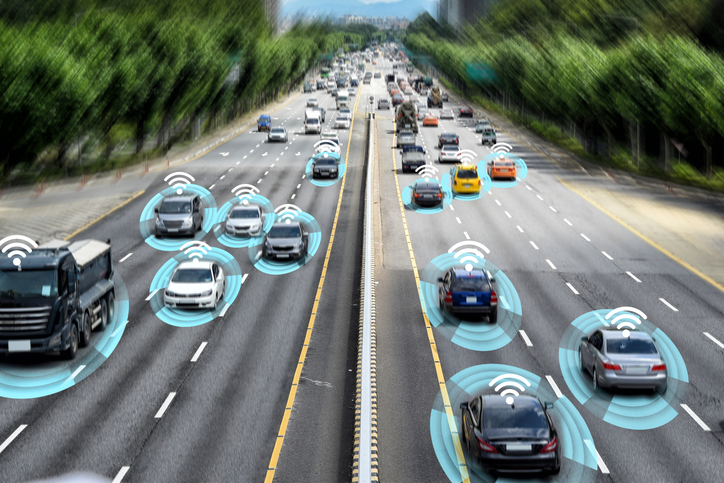Interested in Automotive Careers? Here’s a Look at the Future of Autonomous Vehicles
While completely driverless cars still have yet to break their way into the mainstream automotive industry, there’s been plenty of progression in the field of autonomous vehicle technology. With companies like Tesla, Ford, Waymo, and other manufacturers increasing their efforts to produce vehicles with higher levels of self-driving and assisted driving technology, the level of competition in this field is growing – and with it, so is the level of sophistication.
So what do these advances in technology mean for the automotive industry, and how will the work of automotive repair technicians be affected? Here, we take a closer look at the future of autonomous vehicle technology!
If You Have Automotive Training, Here’s How the Road to Autonomous Vehicle Technology Was Paved
Vehicles didn’t always rely on computer systems to operate, but with the invention of the OBD II scanner system, the automotive industry changed for good. Professionals in automotive careers today need to be proficient in electrical systems in order to diagnose and repair parts in modern vehicles, as most problems with vehicles are determined today by interpreting codes obtained from the OBD II scanner. However, vehicle technology has advanced in leaps and bounds from there, with more and more manufacturers integrating assisted driving technology into their new models.
Notable examples include Tesla Autopilot, Cadillac Super Cruise, and Nissan ProPilot Assist. All of these technologies help to keep vehicles in their lane, maintain a safe distance from other cars, and allow drivers to take their hands off the wheel at certain points. However, these technologies are still not considered autonomous, as drivers still must pay attention to the vehicle while the technology is activated.

What the Future of Autonomous Vehicle Technology Looks Like
While manufacturers like Waymo and Tesla are testing out driverless vehicles with mixed success, the point in time when self-driving cars are the norm will likely not come for a while. The technology is mostly developed, as the radars, cameras, and artificial intelligence needed to develop safe and effective self-driving vehicles are already being integrated and used in a variety of ways. However, the regulation around autonomous vehicles is an area which has yet to undergo significant development. Lawmakers are struggling to keep up with the advancements in autonomous technology, as they determine the best way to create legislation that appropriately supervises and controls autonomous vehicles operating on public roads. Thus, the deployment of autonomous vehicles will likely be a process that develops gradually over time.

In the Future, Automotive Professionals Will Need to Build Skills to Work with Autonomous Vehicles
While the rollout of autonomous vehicles to the public might be slow, that doesn’t mean that professionals within the automotive industry shouldn’t focus on building the skills necessary to work with these vehicles. If you want to become an auto mechanic, your ability to work with more advanced driver-assistance technologies and self-driving technologies will give you a competitive advantage within the automotive industry of today. With the rise of self-driving technology, there will be many more softwares and scripts that mechanics will need to learn in order to be able to accurately interpret and diagnose problems in these vehicles. Thus, in the future, it will be vital to invest the time to upskill and learn the tools that are necessary to work with autonomous vehicles.
Are you considering automotive training?
Gain the skills you need to enter today’s automotive industry with a program at ATC Surrey!


